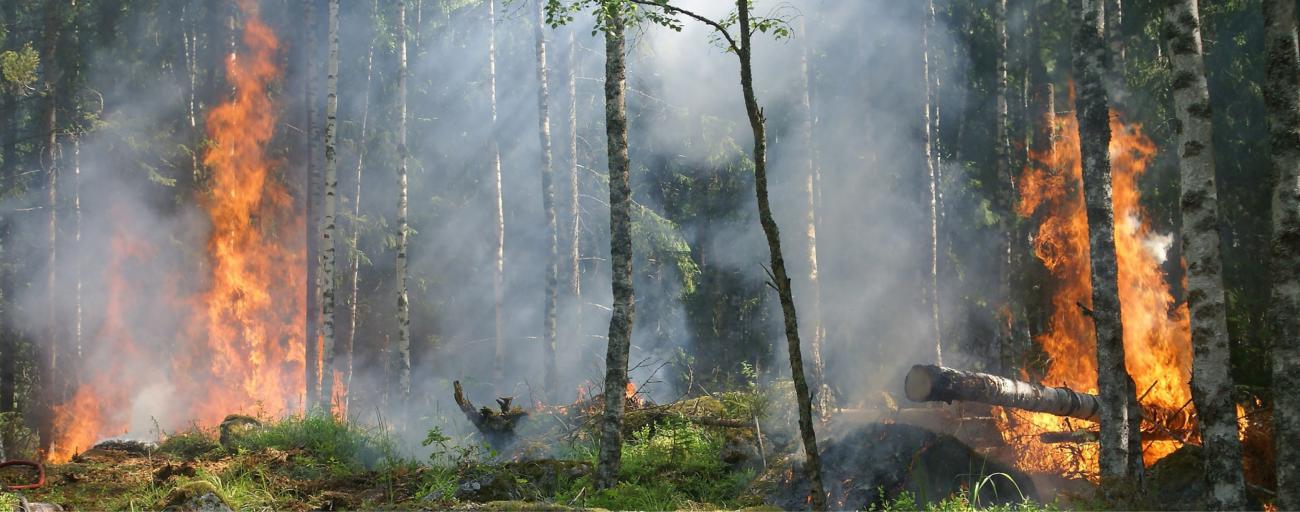Fire - Ecology, History, Management
We are uniquely fire creatures on a uniquely fire planet. Contrasting the usual approach to fire as solely a physical phenomenon, our research concentrates on fire as biologically and culturally constructed as well. We consider all aspects of fire, including issues of industrial combustion and climate change, although attention to pyrotechnologies and urban fire is minor. The grand saga of fire and humanity was the subject of a TED Talk in March, 2015--view images of the event here.
Fire in the Contemporary U.S.
We are completing a multi-year, multi-book survey of the American fire scene which is now in publication through the University of Arizona Press.
Between Two Fires. A Fire History of Contemporary America relates the national narrative from 1960 to 2013. Consider it the play by play.
To the Last Smoke is the color commentary, a vast swirl of essays organized into regions that collectively form a cross-section of American wildland and rural fire. Each regional reconnaissance runs 55,000-60,000 words and will be published as a separate volume under the To the Last Smoke aegis. To date surveys have been written for Florida, California, the Northern Rockies, the Great Plains, and the Southwest, with projects underway for the Intermountain West, Pacific Northwest, Lake States, oak woodlands, and Northeast.
Fire History of Mexico
For some years we have examined, as a side interest, Mexico's fire history, supplemented by two visits along with library and archival research. When the American history is complete, we'll start on Mexico.
Nonfiction Writing
We offer graduate courses in nonfiction writing that support the Certificate in Nonfiction Writing and Publishing.
Histories of This World and Others
From time to time we offer a course in environmental history and, have for some years, taught a general survey history of exploration by Western civilization. We are working with the School of Earth and Space Exploration to see how this tradition might continue.
Contact: Stephen Pyne
